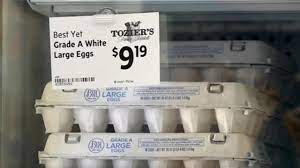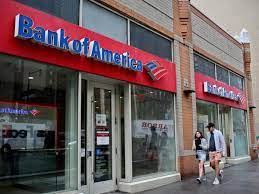The Reason Why Eggs Are 60% Higher
By CBS News
The rising cost of eggs in the U.S. is denting household budgets. Americans in recent years have increased the number of eggs they consume while reducing their intake of beef and venison, according to data from the U.S. Department of Agriculture.
Egg consumption has grown in part because more families are eating them as their main protein substitute, Los Angeles Times reporter Sonja Sharp told CBS News. “Each of us eats about as many eggs as one hen can lay a year,” she said.
As demand for eggs has risen, production in the U.S. has slumped because of the ongoing bird, or “avian,” flu epidemic. Nearly 58 million birds have been infected with avian flu as of January 6, the USDA said, making it the deadliest outbreak in U.S. history. Infected birds must be slaughtered, causing egg supplies to fall and prices to surge.
Egg prices in December rose 60% from a year earlier, according to Consumer Price Index data released Thursday. Across U.S cities, the average price for a dozen large grade A eggs was $4.25 last month, according to figures from the Federal Reserve Bank of St. Louis.
In some states, it can even be hard to find eggs on the shelves. But egg supplies overall are holding up because the total flock of egg-laying hens is only down about 5% from from its normal size of around 320 million hens. Farmers have been working to replace their flocks as soon as they can after an outbreak.



